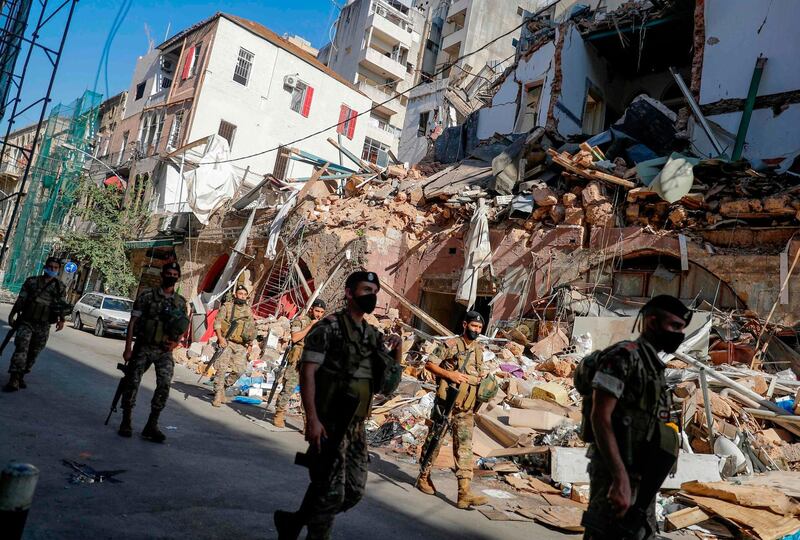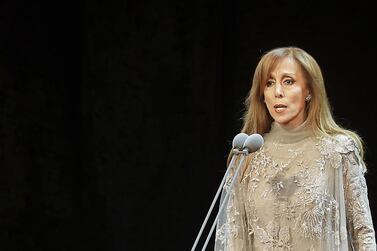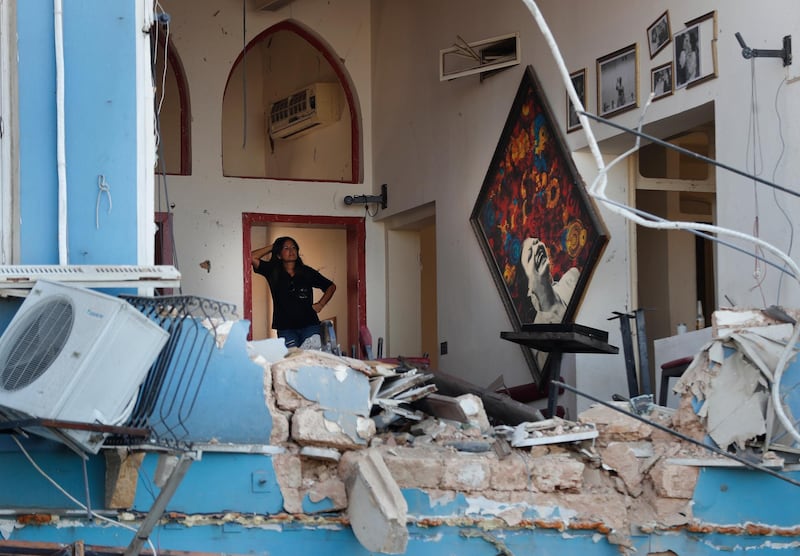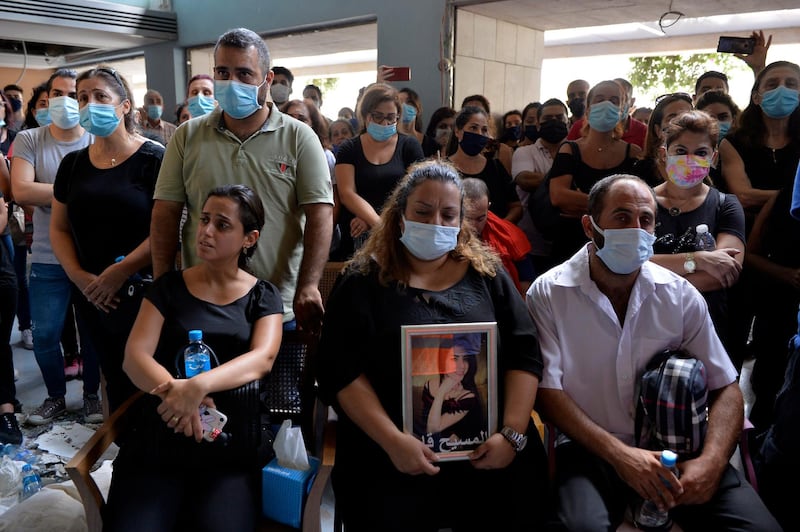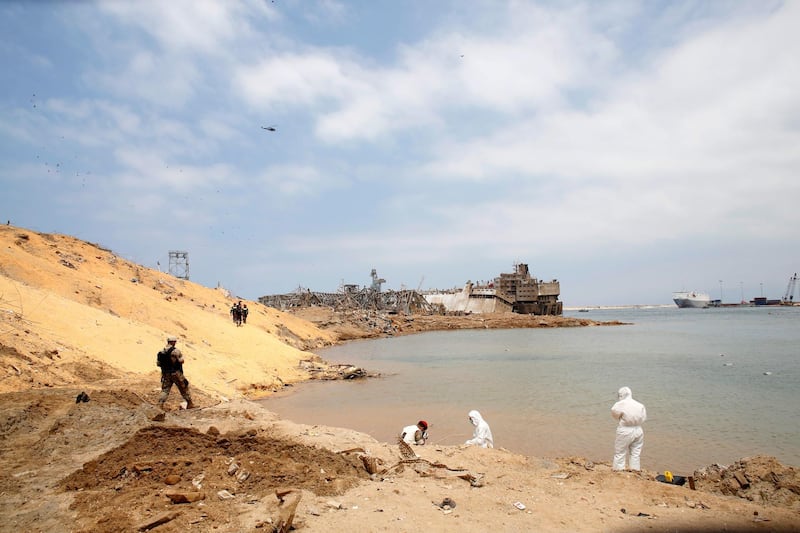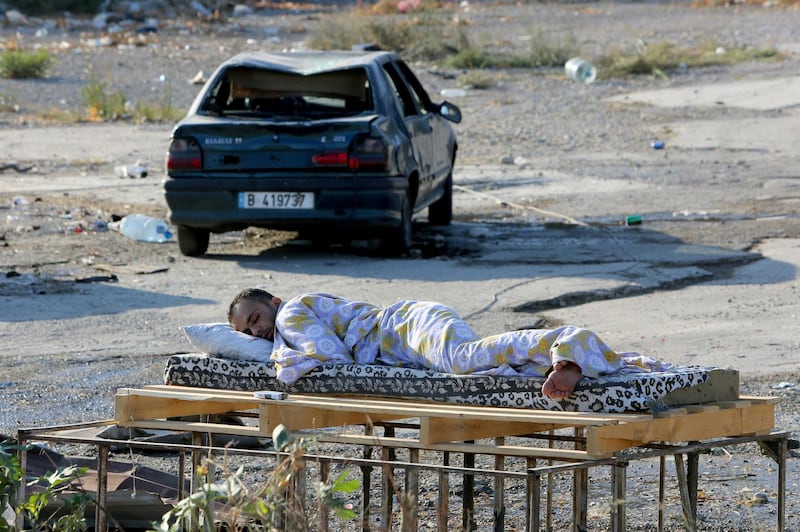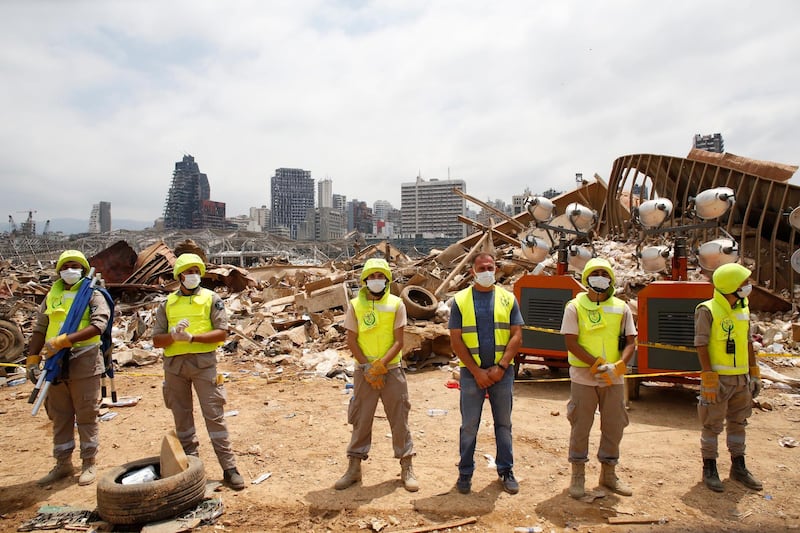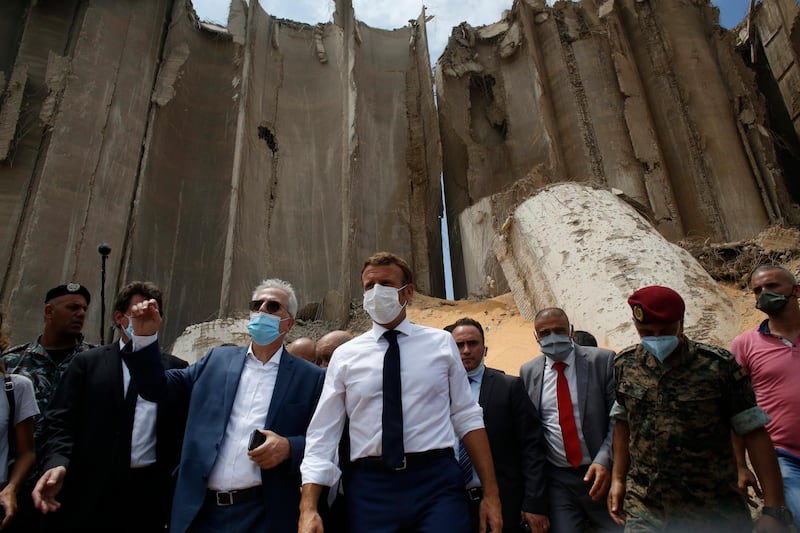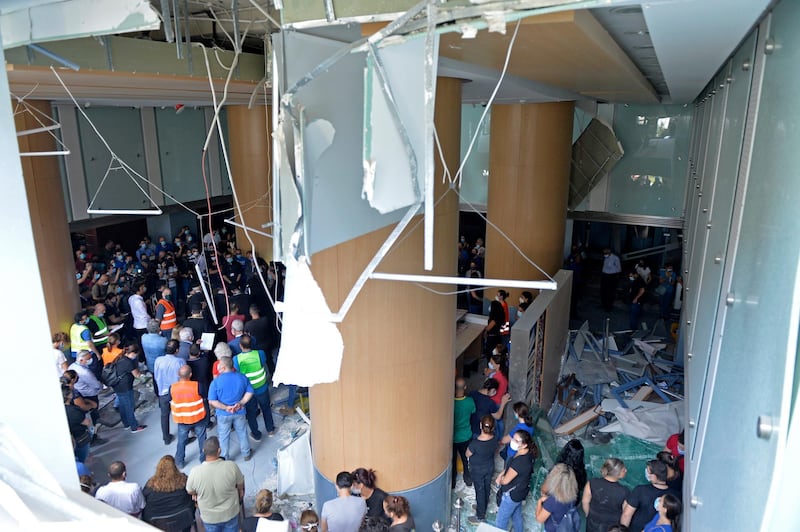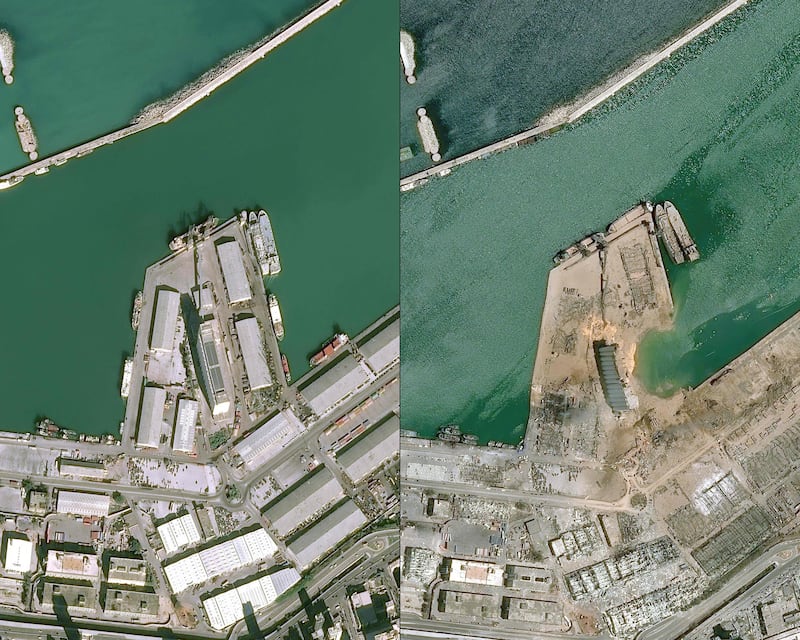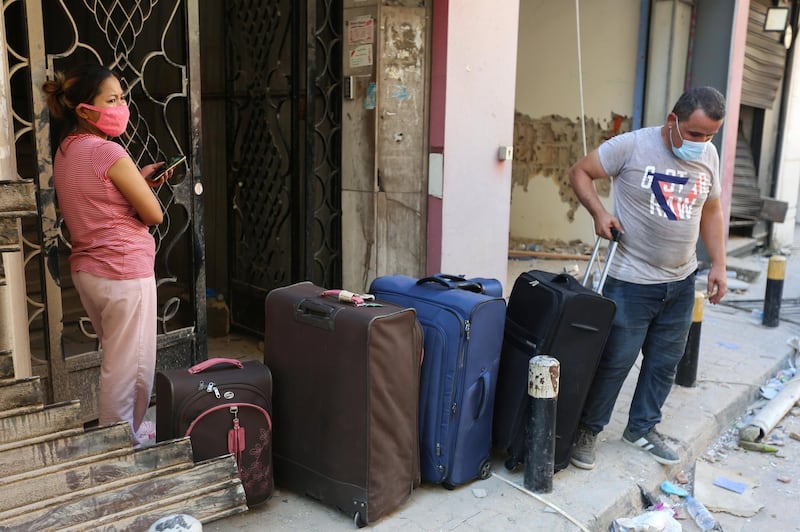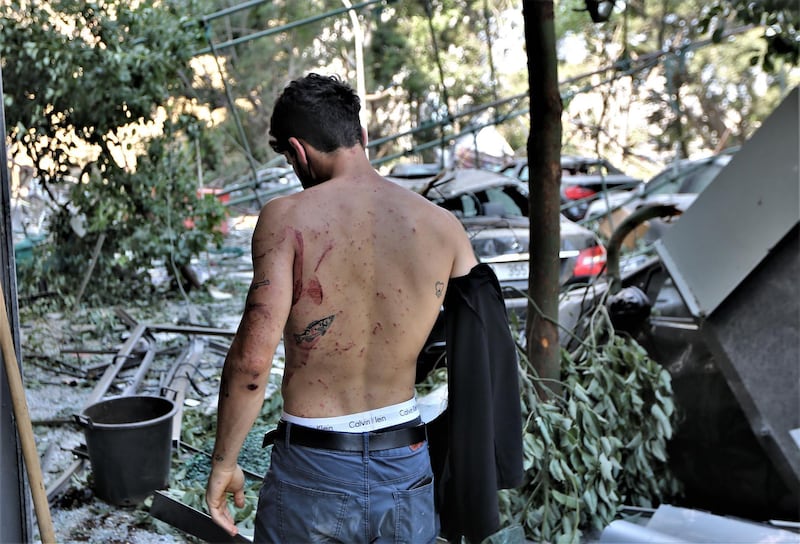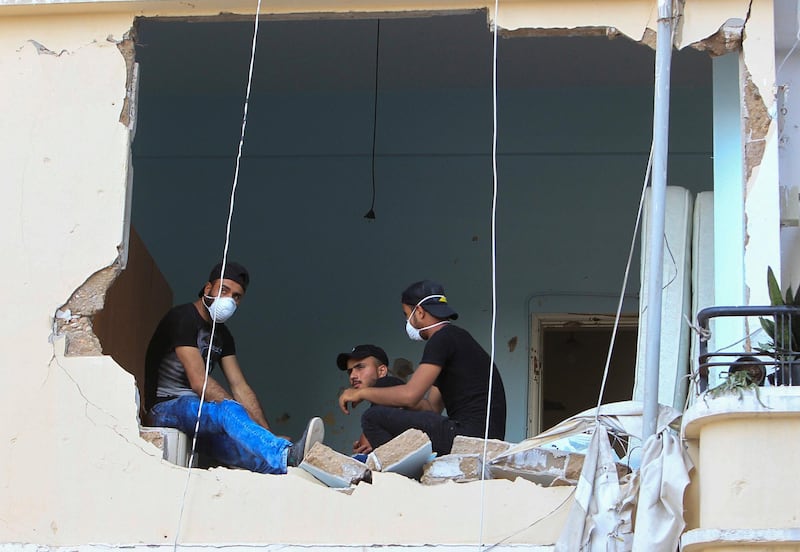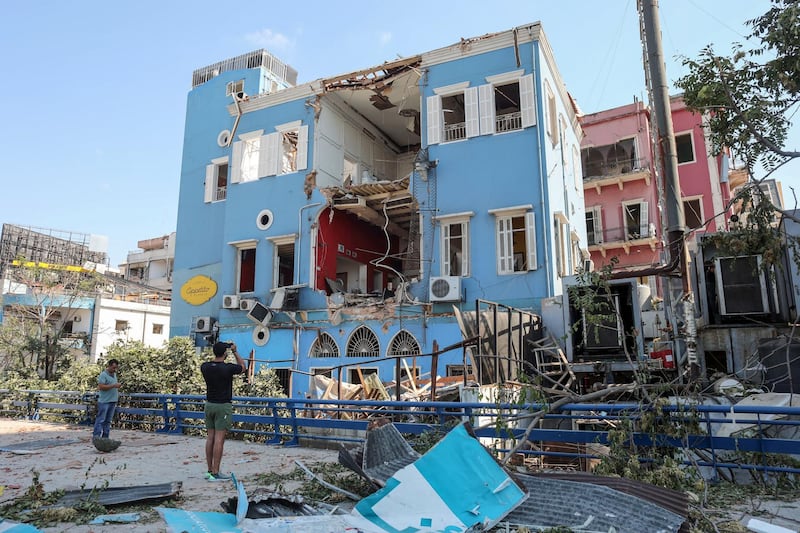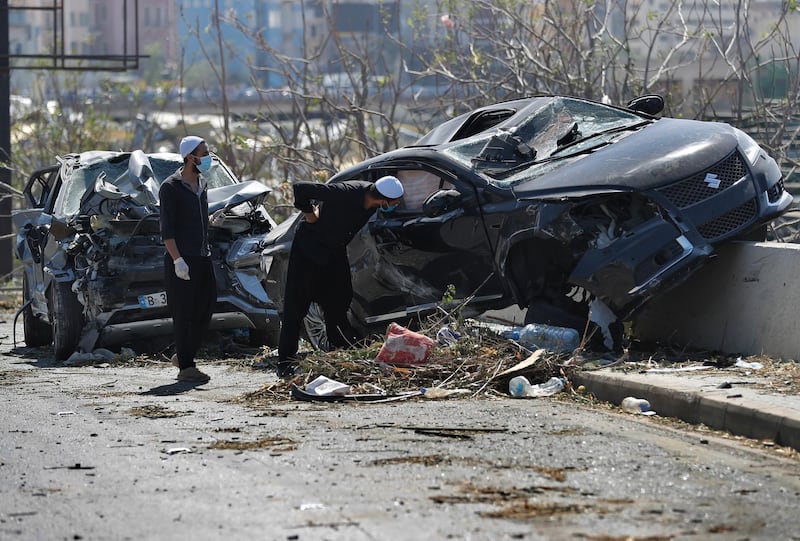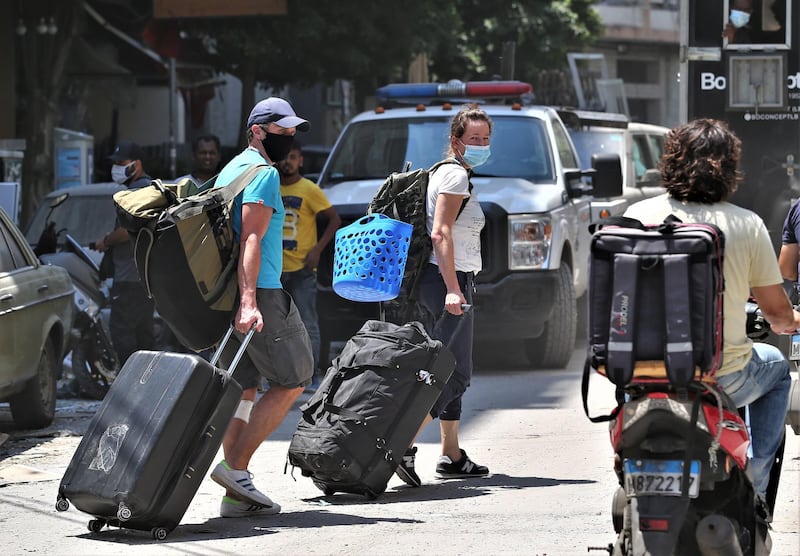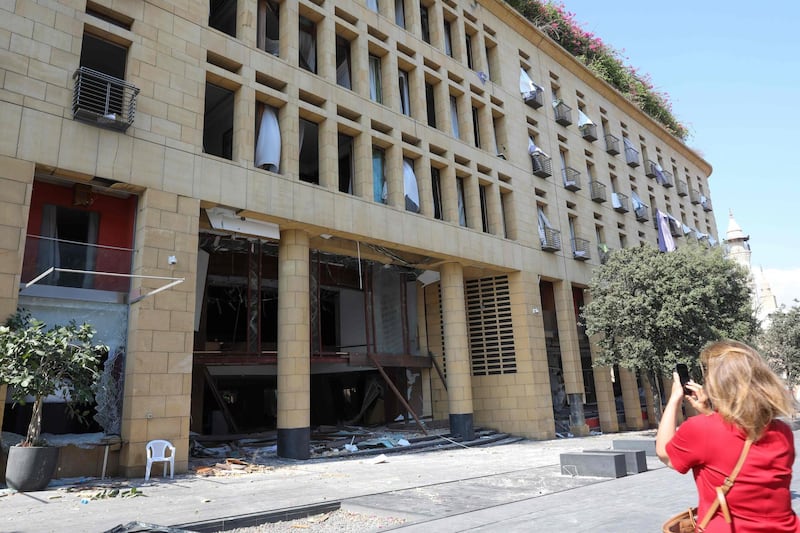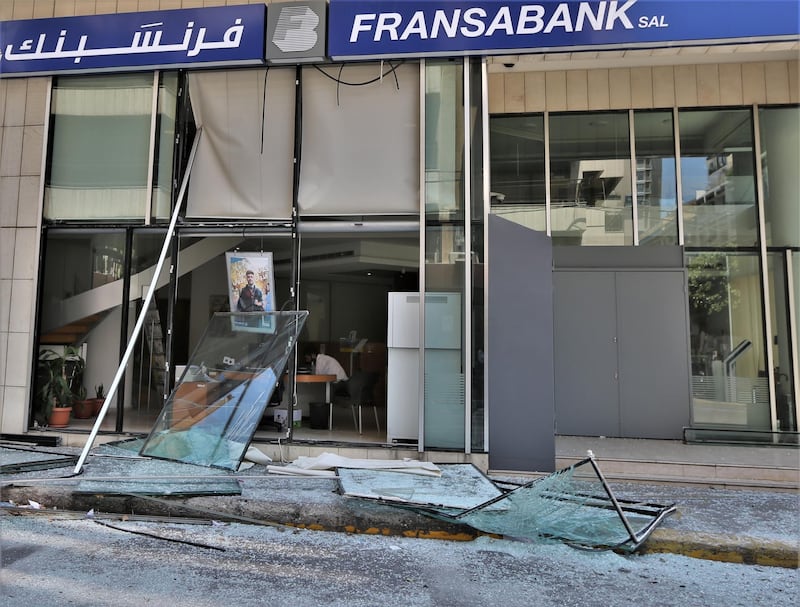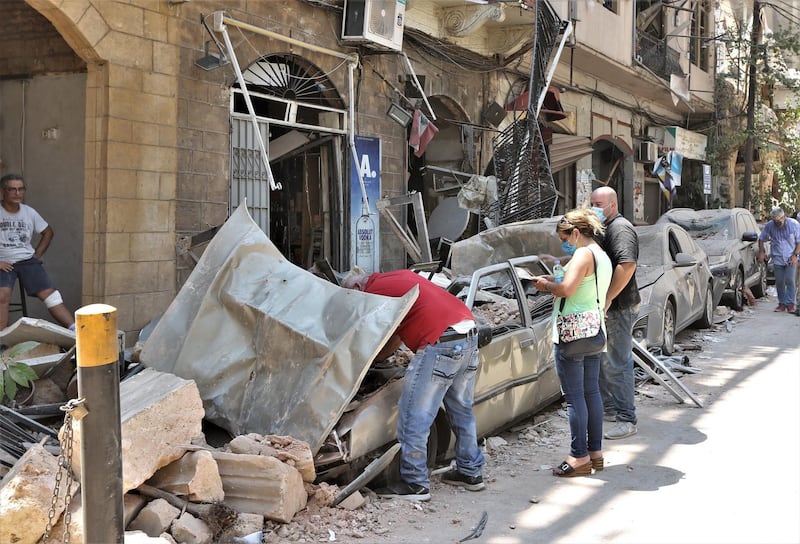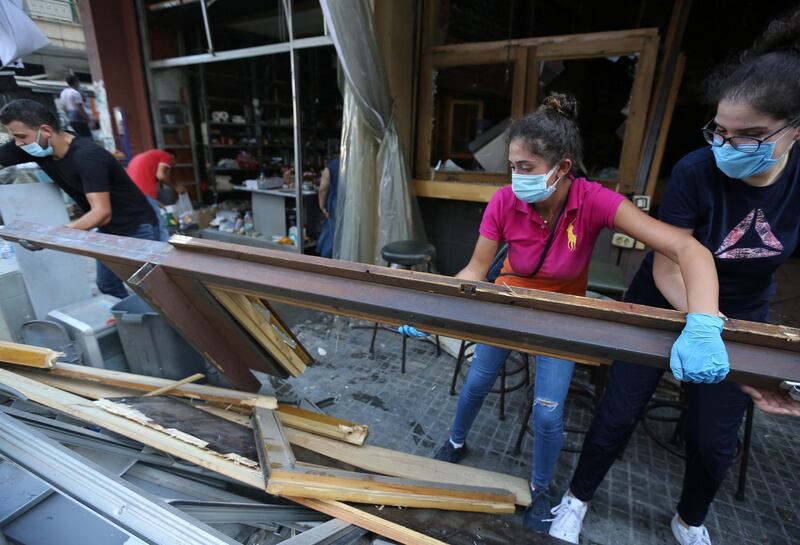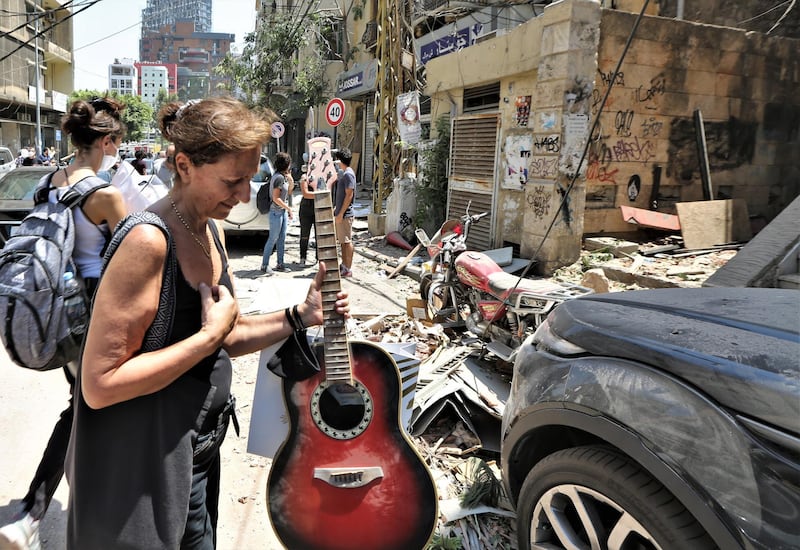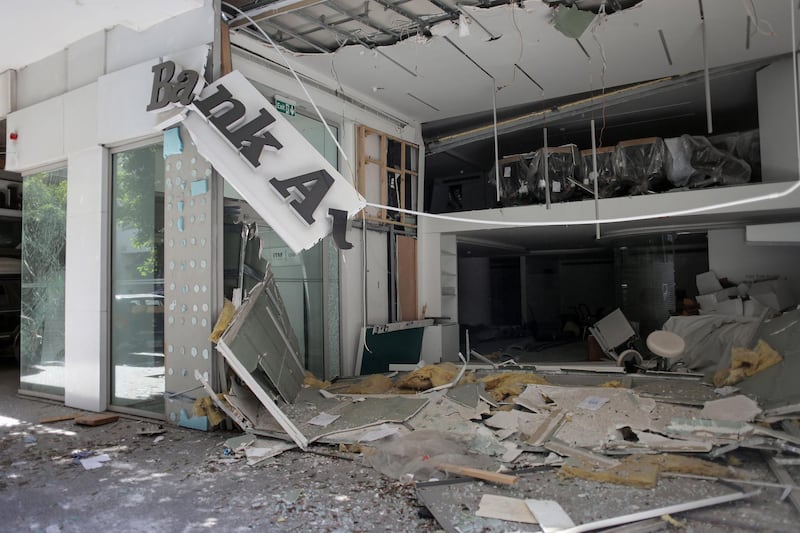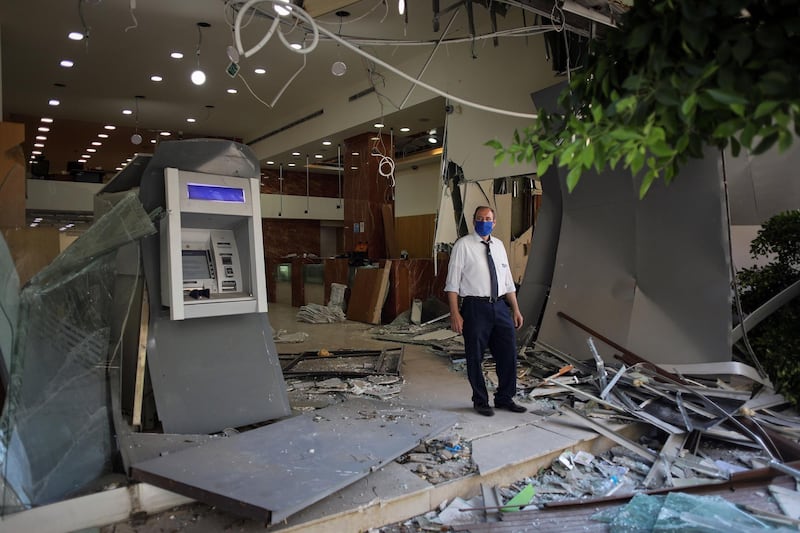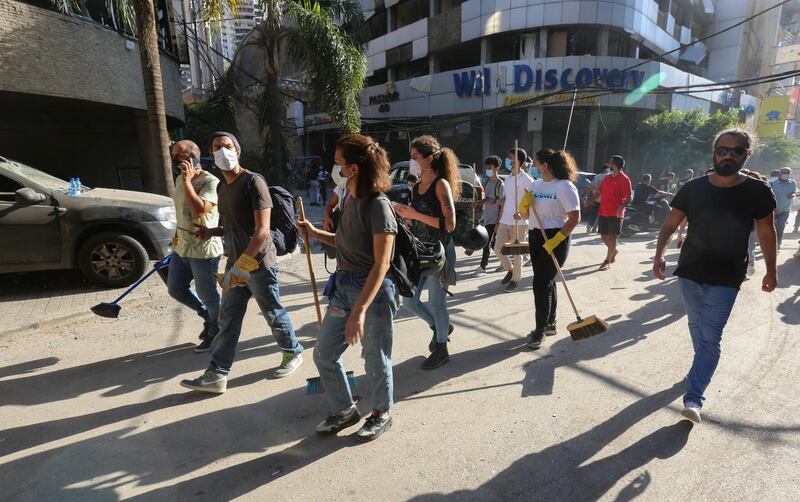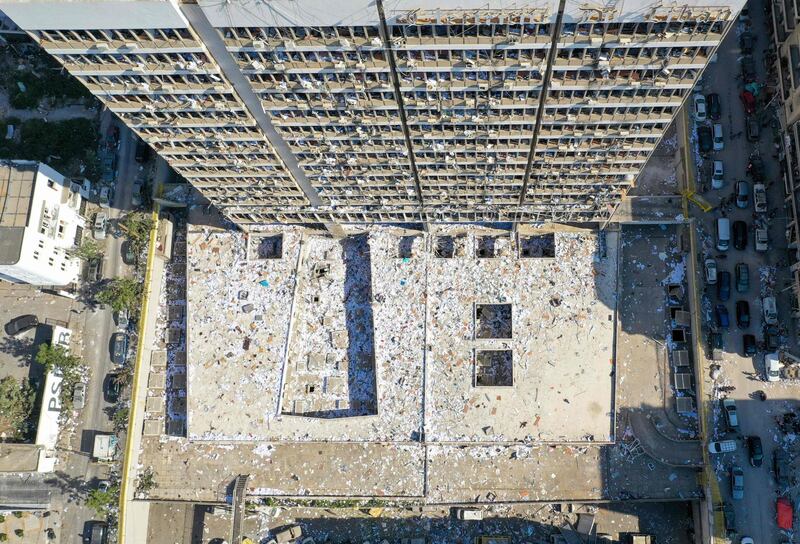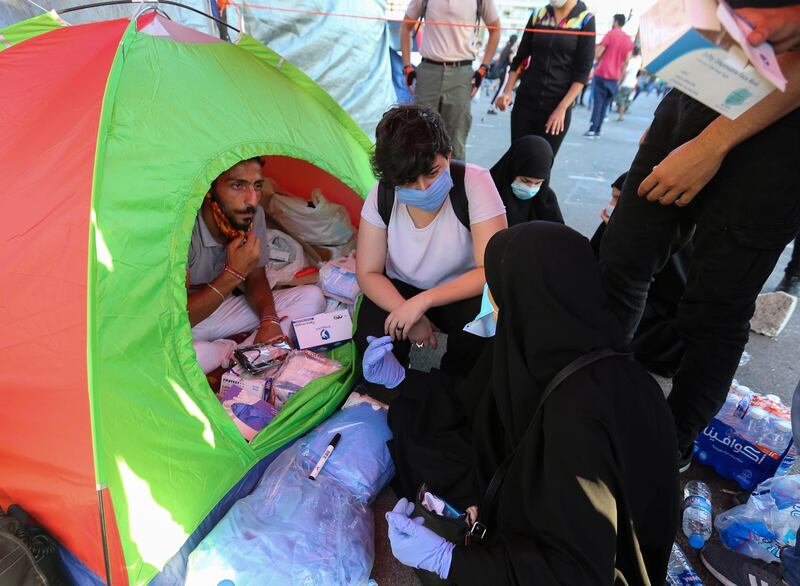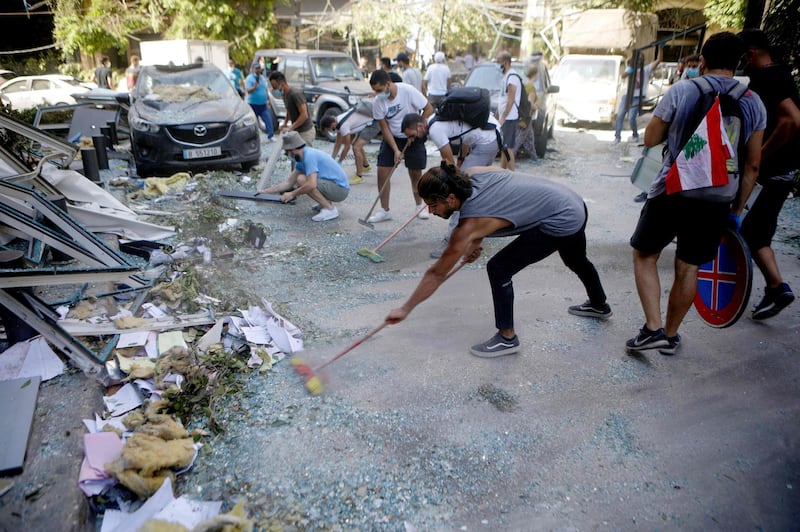The death toll from the huge Beirut port blast has risen to 190 with more than 6,500 injured and three people missing, Lebanon's caretaker government said in a report dated Sunday.
Lebanese authorities are investigating what caused highly explosive material stored unsafely for years to detonate in a mushroom cloud, wrecking swathes of the city and fuelling anger at a political class already blamed for the country's economic meltdown.
The army said on Saturday that seven people were still missing - three Lebanese, three Syrians and one Egyptian. It was not immediately clear if some had since been found.
"Search and rescue operations will not stop until the missing are found," said army spokesman Elias Aad.
The army spokesman said the figure was compiled from data submitted by the country's Internal Security Forces, in co-ordination with the Red Cross.
The ISF last week said it had identified the remains of 33 people who had gone missing following the explosion.
The August 4 explosion left 300,000 people homeless and caused $15 billion in direct damage, said the report issued on Sunday by the presidency of the council of ministers.
It said 50,000 houses, nine major hospitals and 178 schools had been damaged.
The departing government quit over the blast.
The presidency will talk to parliamentary blocs on Monday to designate a new prime minister, a day before French President Emmanuel Macron visits to press leaders to act to save the country from a deep financial crisis rooted in endemic corruption and mismanagement.
An estimated 300,000 people including around 100,000 children, whose homes were damaged or destroyed in the blast, face a lack of access to critical safe water and sanitation services, Unicef warned on Friday.
"As Covid-19 cases continue to surge, it is more critical than ever to ensure that children and families whose lives were turned upside down by the explosion have access to safe water and sanitation," said Unicef Lebanon Representative Yukie Mokuo.
